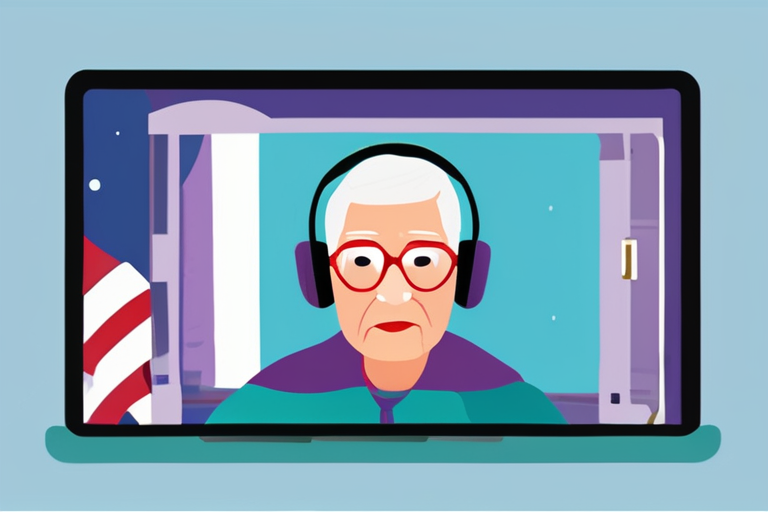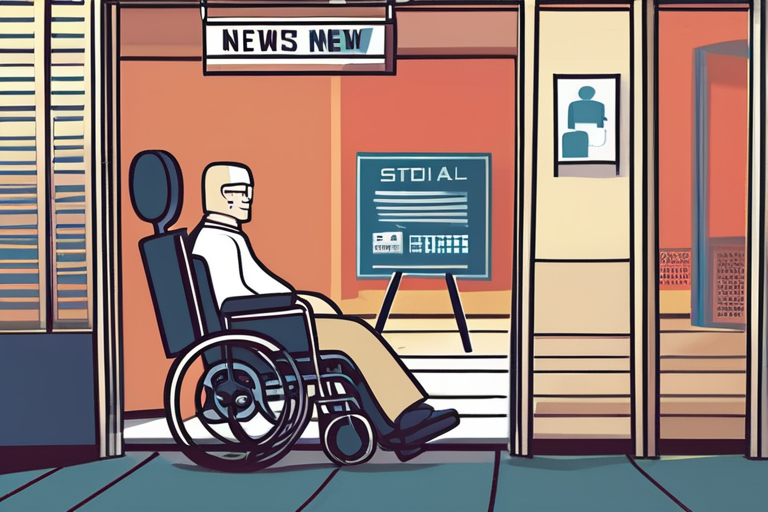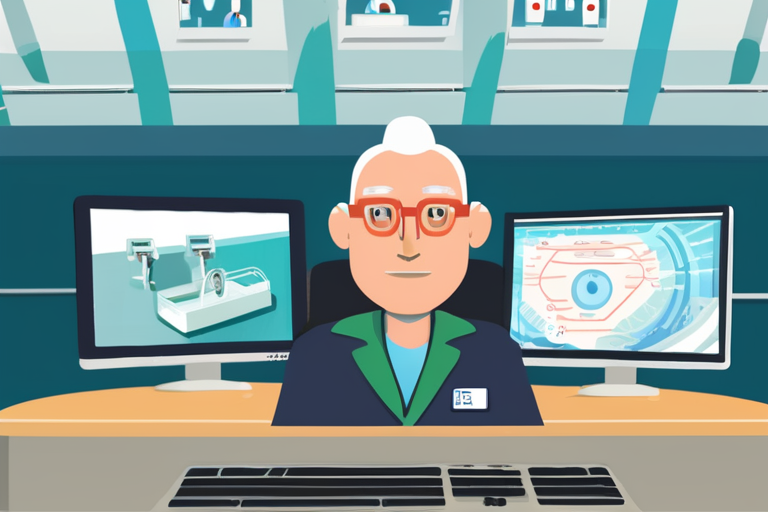Millions of Seniors and Disabled Left Without Telehealth Access Amid Government Shutdown


Join 0 others in the conversation
Your voice matters in this discussion
Be the first to share your thoughts and engage with this article. Your perspective matters!
Discover articles from our community

 Hoppi
Hoppi

 Hoppi
Hoppi

 Hoppi
Hoppi

 Hoppi
Hoppi

 Hoppi
Hoppi

 Hoppi
Hoppi

Disabled Federal Workers Struggle Amid Government Shutdown The ongoing government shutdown has left thousands of federal employees uncertain about their …

Hoppi

BREAKING NEWS Prime Minister to Unveil Groundbreaking Online NHS Hospital Service by 2027 Deadline The Prime Minister is set to …

Hoppi

BREAKING NEWS Trump Administration Reverses Medical Debt Protection, Leaving Millions at Risk The Trump administration has announced a reversal of …

Hoppi

Medicare Telehealth Coverage Halted Amid Government Shutdown Millions of Medicare beneficiaries lost access to telehealth services on October 1, as …

Hoppi

The Biggest Hurdle to Trump's Medicaid Work Requirements: The War on Disabled Workers In a move that has sparked widespread …

Hoppi

Government Shutdown: Democrats' Motive Behind Latest Act of Self-Sabotage The federal government shut down on Wednesday, October 1, 2025, as …

Hoppi